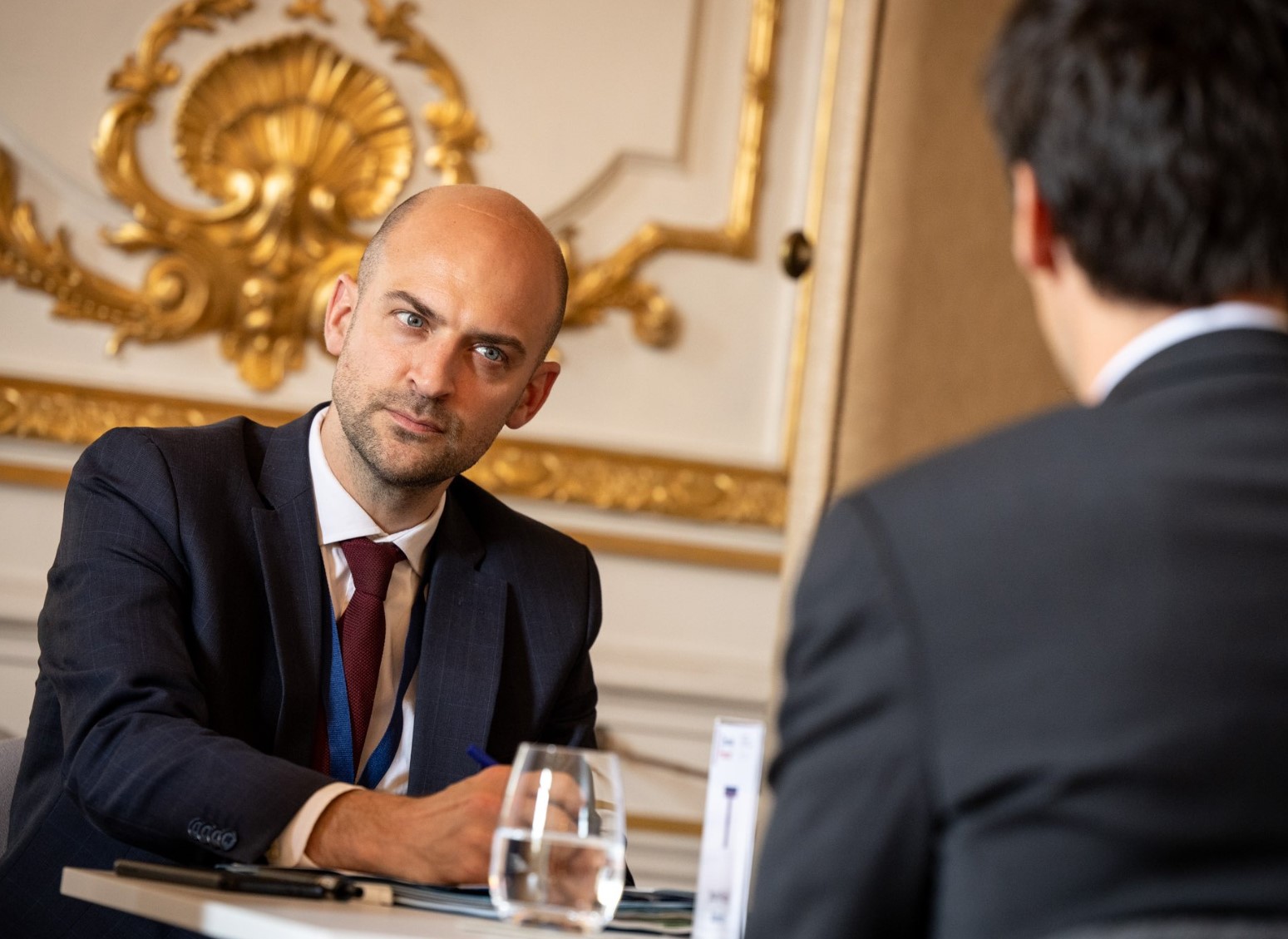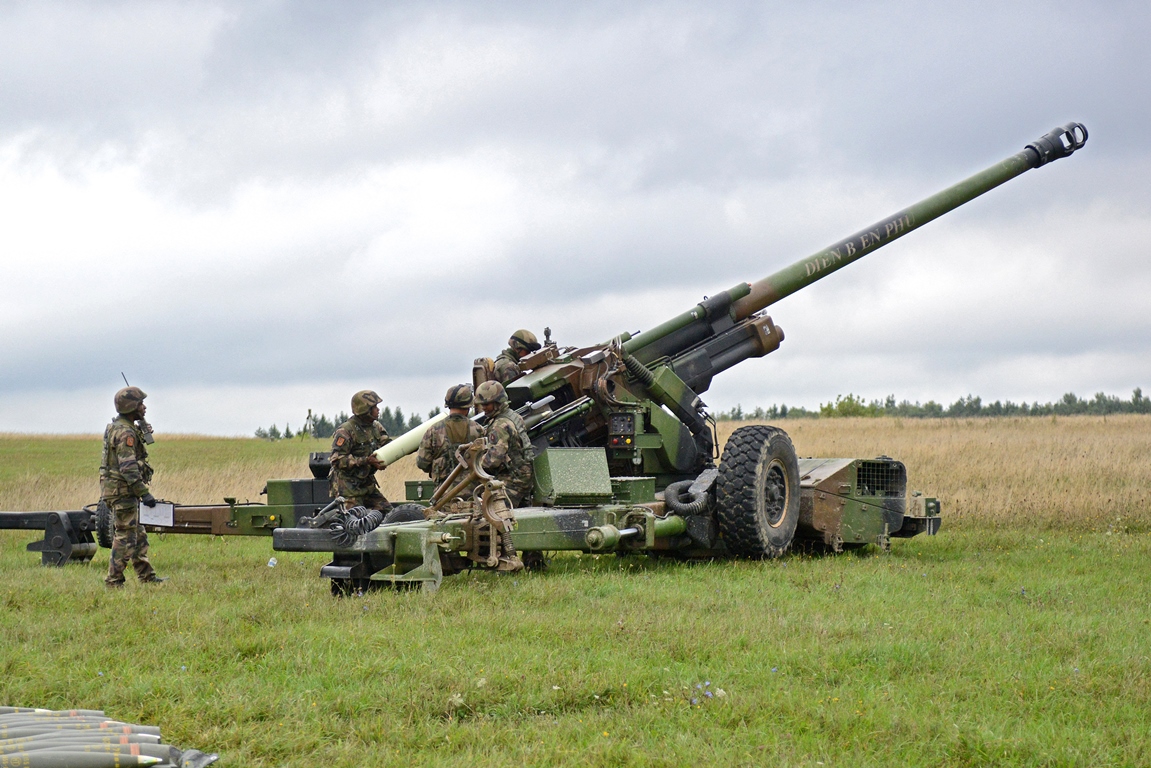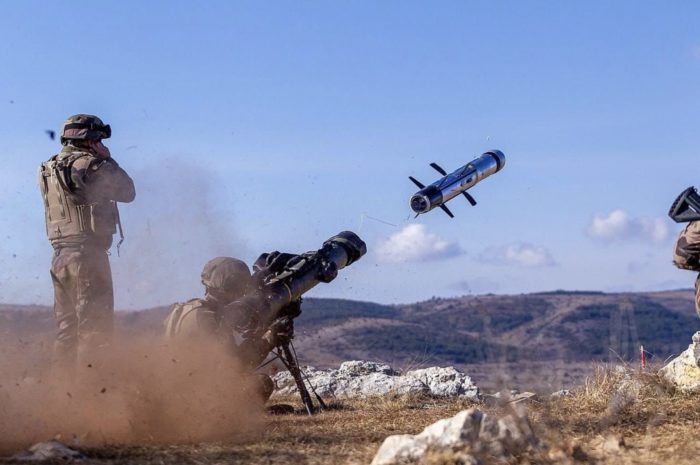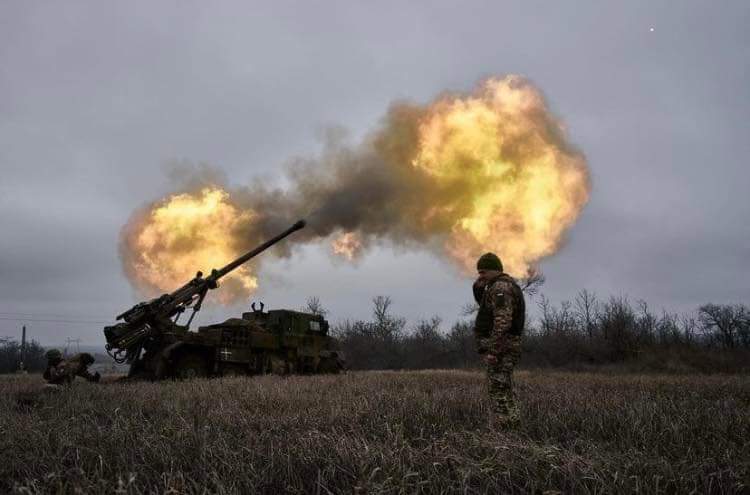French Foreign Minister Jean-Noël Barrot believes that Russia's return to the so-called G7 group is currently impossible due to its aggression. However, he said the responsibility for the war against Ukraine lies on Russian authorities and not on the ordinary Russians, according to LCI.
"Today, such a decision is unthinkable. What is the G7? It's a group of the world's most developed democracies. Does Russia, as it stands today, or does it want to be seen as a developed democracy? No," said the French minister.
According to Barrot, Russia is currently acting as an aggressor, threatening other G7 countries.
"It is also attacking other G7 members... relentlessly and shamelessly. So, today, it's unacceptable," he emphasized.
At the same time, the French minister allows for the possibility of diplomatic dialogue in the future.
"If, in the future, when we create conditions for a fair and lasting peace, we manage to restore relations with the Russian people—why not? You know, the responsibility for this war... lies on the shoulders of Vladimir Putin and, undoubtedly, his very close circle. It wasn't the Russian people who started this aggressive war against Ukraine," Barrot said.
When asked whether he was ready to talk with Russian Foreign Minister Lavrov, the French minister responded.
"No. Not today. But I could speak with him as soon as we overcome the main problem facing Europe today—the threat to our security from Putin's Russia," he claimed.
Barrot added that he would pick up the phone if he were told that "Russia has finally agreed that Ukraine should have real security guarantees or even that Ukraine should join NATO."
Earlier, US President Donald Trump stated that he would not oppose Russia's return to the G7, calling its expulsion from the group a mistake, UkrInform reported.
Read also:
- The Telegraph: Russia’s “homeless” Mediterranean Fleet retreats as NATO claims two seas
- Ukrainian bonds hit record high as markets bet on Trump’s peace plan
- UK to chair critical Ukraine’s defense meeting in Ramstein format amid uncertainty over future US participation





